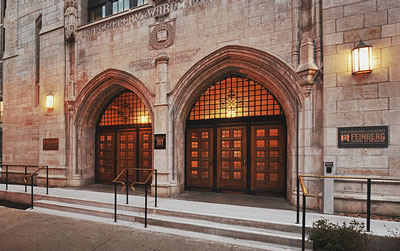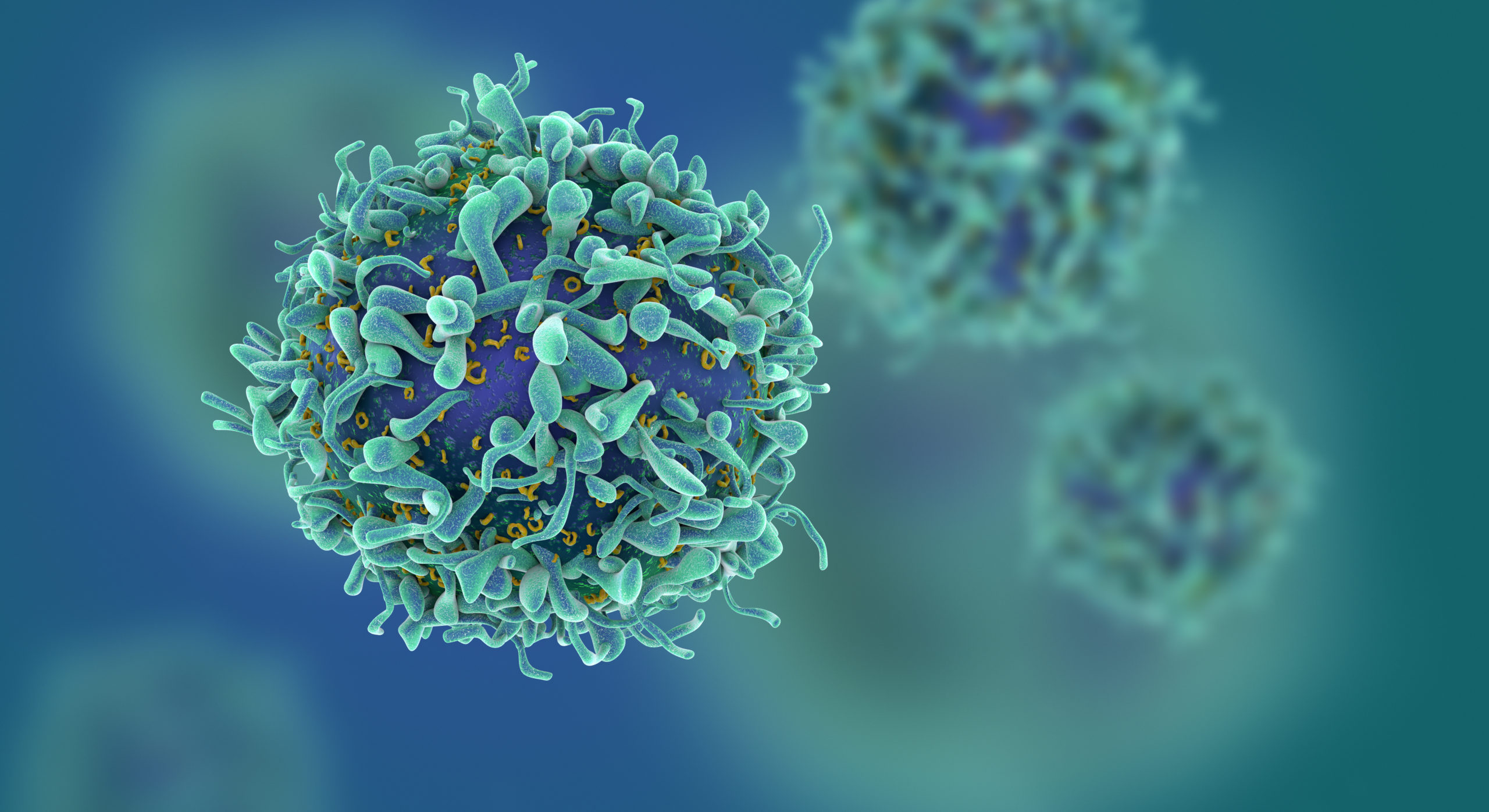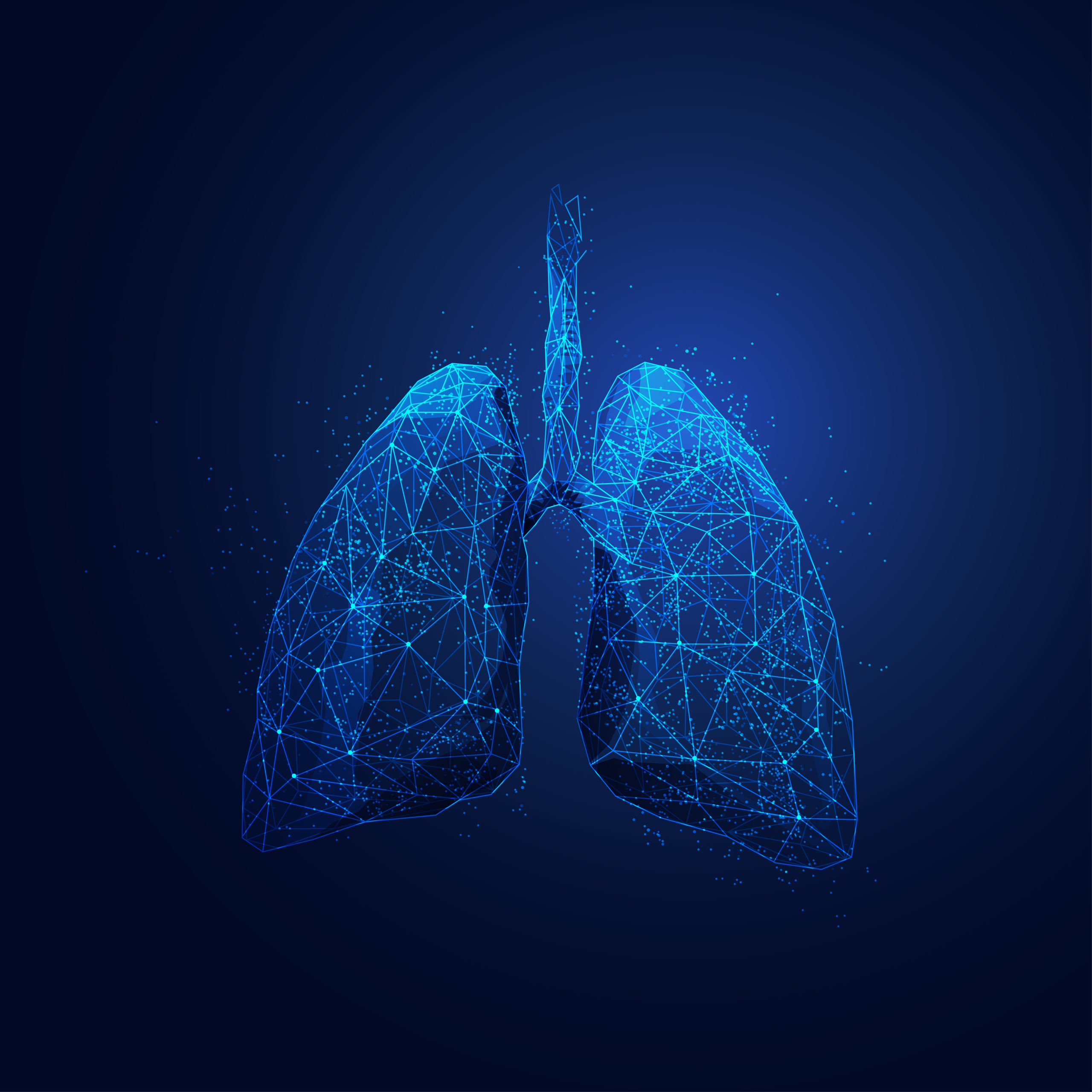-

AI Models Predict Sepsis in Children, May Enable Preemptive Care
Northwestern scientists have developed and validated AI models that accurately identify children at high risk for sepsis within 48 hours, so they can receive early preemptive care.
-

Goyal Named Mallinckrodt Foundation Grant Fellow
Yogesh Goyal, PhD, assistant professor of Cell and Developmental Biology, has been named a 2025-2028 Edward Mallinckrodt, Jr. Foundation Grant Fellow, which recognizes early-stage biomedical investigators engaged in basic and translational research that has the potential to make fundamental advances in biomedical science.
-

Subgroups of Interneurons Regulate Learning and Fear Responses
Northwestern Medicine investigators have uncovered new insights into the synaptic connections of subgroups of interneurons, findings that may improve the understanding of fear responses and could inform new targeted therapies for post-traumatic stress disorder (PTSD), according to a recent study.
-

Nearly Everyone Has at Least One Risk Factor Before a Heart Attack, Stroke or Heart Failure
More than 99 percent of people who went on to suffer a heart attack, stroke or heart failure already had at least one risk factor above optimal level beforehand, according to a new study.
-

Smith Honored with NIH New Innovator Award
Richard Smith, PhD, assistant professor of Pharmacology and of Pediatrics, has received the National Institutes of Health (NIH) Director’s New Innovator Award, which supports early-career investigators conducting high-risk and innovative research in the biomedical, behavioral or social sciences.
-

Childhood Blood Pressure Holds Clues for Lifelong Heart Health
Blood pressure measured as early as age seven can predict cardiovascular mortality decades later, according to a new Northwestern Medicine study published in JAMA.
-

Patient Wealth is Associated with Quality of Glaucoma Care
Patients with newly diagnosed glaucoma who have less wealth or reside in rural communities are less likely to receive standard glaucoma care compared to wealthier patients, according to a recent multi-institution study published in JAMA Ophthalmology.
-

Influential Biochemist Svetlana Mojsov Named Winner of 2026 Kimberly Prize
Distinguished biochemist Svetlana Mojsov, PhD, the Lulu Chow Wang and Robin Chemers Neustein Research Associate Professor at the Rockefeller University, New York, has been named the winner of the annual $250,000 Kimberly Prize in Biochemistry and Molecular Genetics.
-

Black Adults Face Heart Failure Nearly 14 Years Earlier than White Patients
Black adults in the U.S. are first hospitalized for heart failure nearly 14 years earlier than white adults, according to a new study analyzing data from more than 42,000 patients across hundreds of hospitals.
-

Diabetes Drug May Protect Against Kidney Inflammation
A new study has shed light on how a class of diabetes drugs may protect the kidneys — not just by lowering blood sugar, but by triggering a molecular shift that dampens inflammation, according to the study published in The Journal of Clinical Investigation.
-

Identifying Biomarkers to Guide Prostate Cancer Treatment
Biological markers may help predict which patients will benefit most from specific therapies to treat prostate cancer, according to a study published in the journal Cell.
-

RNA Isoform Atlas May Improve Understanding of Cardiovascular Disease
Northwestern Medicine scientists have developed a comprehensive atlas of genetic coding sequences in both healthy adult hearts and those with heart failure, as detailed in a recent study published in Circulation.
-

Precision Education in Focus at Medical Education Day
Feinberg faculty, trainees, students and staff gathered to explore the future of teaching and learning in medicine during the 15th Annual Medical Education Day on September 24.
-

Modified T-cells Promote Tissue Repair from Pneumonia
Northwestern Medicine scientists have discovered that a subset of laboratory-modified T-cells can promote the repair of lung tissue damaged by viral pneumonia, according to a recent study published in The Journal of Clinical Investigation.
-

QSI RENU Team Receives MTEC Grant to Develop Regenerative System for Wound Healing
A research team at the Querrey Simpson Institute for Regenerative Engineering has received a four-year, $4.7 million grant to develop a system to simultaneously accelerate wound healing, lower infection risk, and provide continuous in-wound monitoring.
-

Novel Monoclonal Antibody May Improve Sepsis Treatment
A novel monoclonal antibody treatment developed in collaboration with Northwestern Medicine scientists reduced inflammation and immune dysregulation in mouse models of sepsis, underscoring the antibody’s therapeutic potential in treating the disease, according to a recent study.
-

Novel Approach May Improve Early Cancer Detection
A novel approach to detect RNA modification patterns in patient blood samples may be a promising tool for the early detection of colon cancer, as detailed in a recent study published in Nature Biotechnology.
-

Carbon Dioxide May Drive Lung Damage in COPD
A new Northwestern Medicine study is challenging long-held assumptions about chronic obstructive pulmonary disease (COPD), according to results published in The Journal of Clinical Investigation.
-

Wearable Sensors Could Reshape Obesity Treatment
Northwestern scientists have created a new lifestyle medicine program that uses three wearable sensors to capture real-world eating behavior in unprecedented detail.
-

Timely Pain Treatment Linked to Reduced Hospitalizations for Children with Sickle Cell Disease
A new study has found that prompt administration of opioid pain relief in emergency departments reduces the likelihood of hospitalization for children with sickle cell disease, according to findings published in JAMA Pediatrics.





